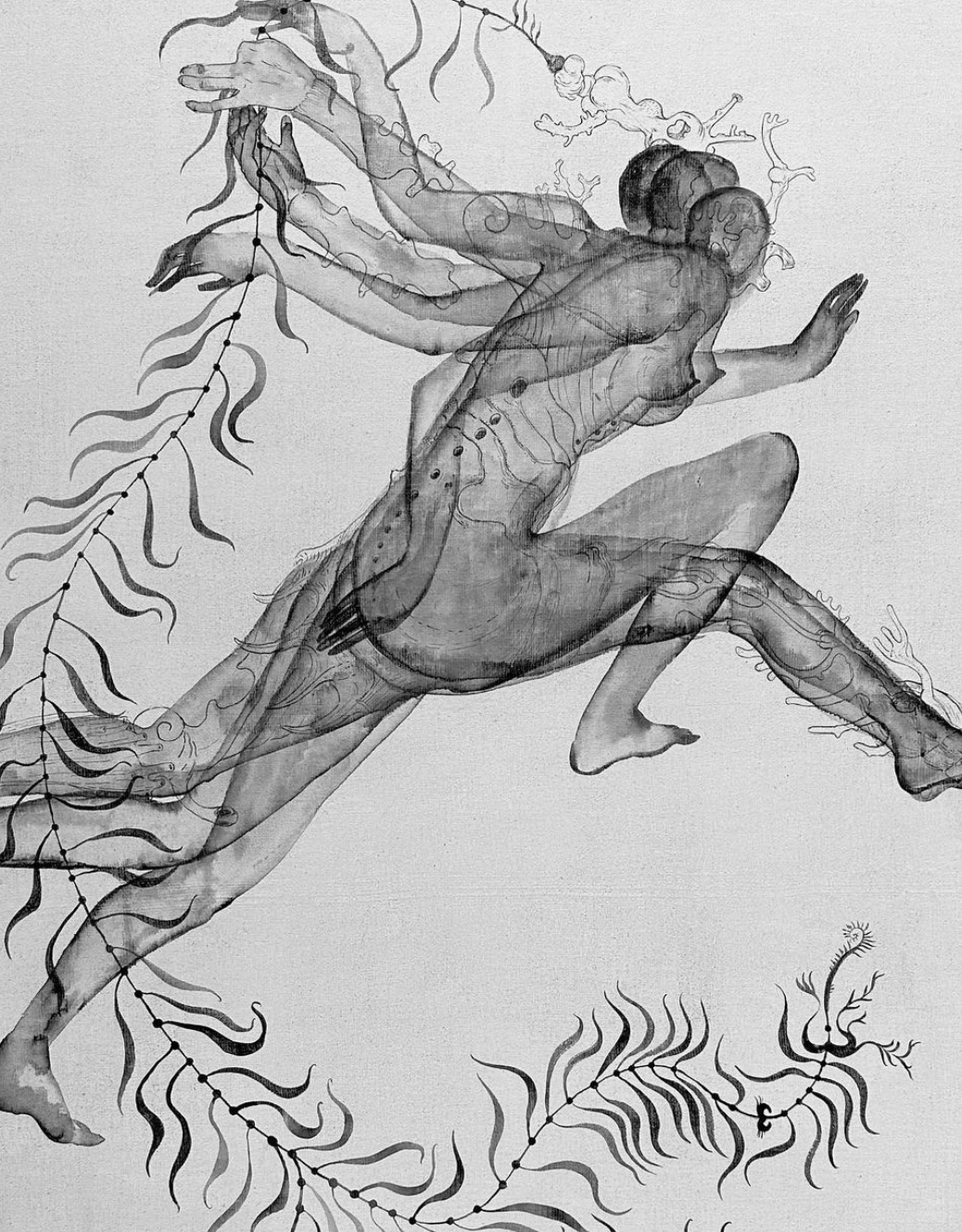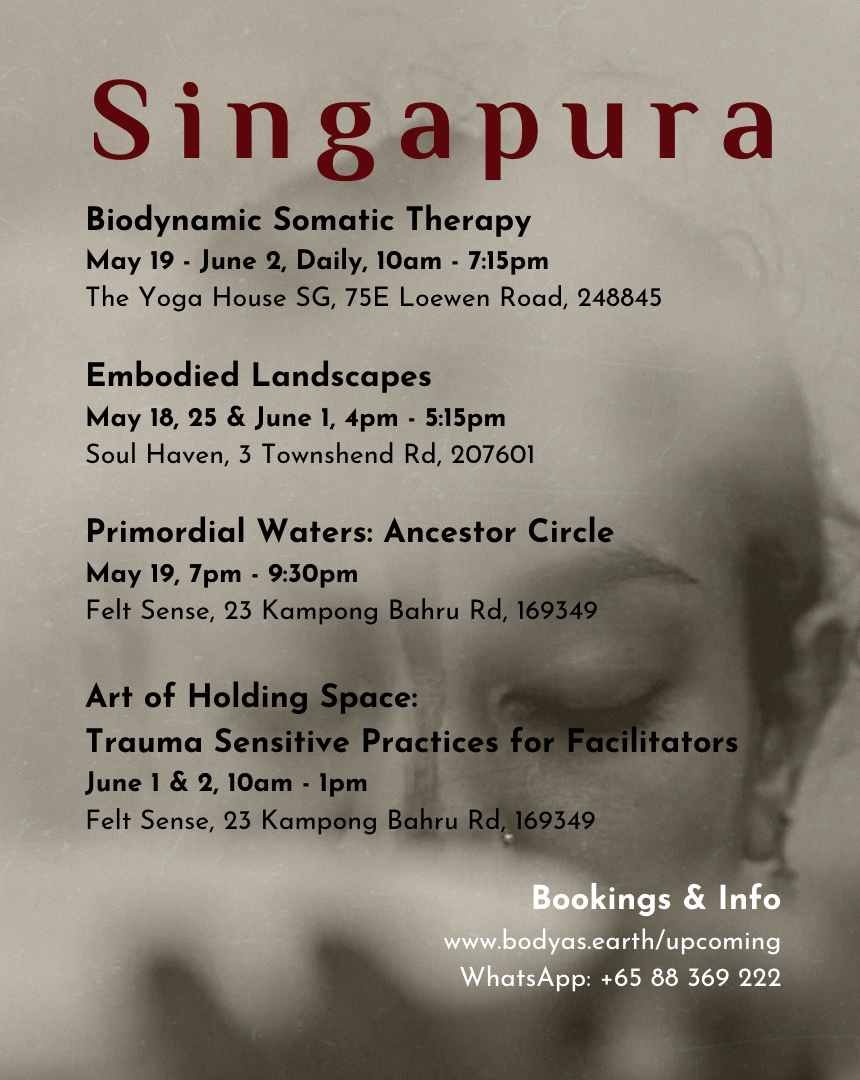4 potential effects when we do not metabolise traumatising experiences.
- Emotional Disregulation: Unprocessed trauma often leads to heightened anxiety, depression, anger, or numbness. A struggle to cope with small stressors and navigating intense emotional swings. Trauma does not disappear, rather the way we relate, respond, and react to it changes.
- Physical Symptoms: Trauma can manifest in physical symptoms such as headaches, muscle tension, gastrointestinal issues, and chronic pain. The body is always expressing the state of our internal world and how it relates to our external world. It is literally our most immediate diagnosis. The body reacts much faster than our minds – giving us information of what is out of balance.
- Avoidance Behavior: To cope with the distressing effects of trauma, avoidance is often an ‘easier’ way to cope, but it often hides the core and root issues. It is also oftentimes a fear of ‘loosing control’ if we allow ourselves to explore our trauma. It is a protective mechanism and often, we need it, it is helpful. However, this is when exploring trauma within a contained professional setting may be supportive.
- Relationship Challenges: Most of all – unprocessed trauma impacts our relationships. It becomes challenging to form and maintaining connections. Trust issues, communication problems, and emotional distance may arise. All of which is a natural process, given the trauma of living in a capitalist-colonialism societal structure inherently perpetuates trauma. Unlearning, reorganising, and gathering ourselves to counter these relational ruptures would be only humane.
Overall, when traumatic experiences are not processed, people may continue to struggle with the long-term lingering impacts of trauma. Seeking mental health support and trauma-informed care is essential in addressing and healing from unresolved trauma.
A story of Abby, who has metabolised their trauma through Biodynamic Somatic Therapy:
Abby went through a traumatising experience with her former boss – they were emotionally manipulative and would often publicly shame their employees. Since then, she quit that job. In the meantime, she works with a small part-time project to make ends meet.
This experience left an lingering impact in her body. She now finds it difficult to build working relationships again. She finds herself in a vulnerable state having to navigate loosing a stable job, along with her colleagues and community.
How can somatics help her with this process?
Most days, she feels constantly over-stimulated, mind always running no matter what she does — even simple things like: walking, eating, cleaning, feels tedious and busy.
This dis-regulates her sleeping patterns, which affects her mood, and motivation for living.
She doesn’t feel like socialising or seeing anyone in a shitty state.
In Somatic Therapy, we process the tensions and situations that brought her to this current patterns in a non-judge mental way.
We explore with curiosity.
We notice in the body what shows up — frustration around the neck, heaviness in the chest, and jittery feet.
We acknowledge and witness. We explore rather than ignore. We do not try to fix.
Metabolising experiences often requires for it to be expressed and acknowledged.
Expression can be in many forms, from writing, to talking, dancing, moving, walking or simply through intentional conversation.
In this context, we navigated expression by directing the conversation towards tender emotions, unraveling their knots and nuances in a gentle way.
From there, we eventually enter a state of rest, laying down, allowing for the body to simply be. The body actually does the most work when we are in a state of rest or a parasympathetic state – the rest and digest state.
We invite the intention for the body to come back into balance. Using intentional touch techniques based on Craniosacral dynamics, tuning into the fluidity of the spine, which is the home of the central nervous system . Each hand-hold allows a gentle internal reorganising process to occur.
After the session, the entire body feels more connected, fluid, integrated, and quiet.
Abby goes home with access to deeper sleep, less pressure to achieve or succeed, more openness with simply feeling alive in her body, and some tools and resources to ground her daily practice in that we have solidified together.
Our process took a total of four sessions only. This process assures that my clients do not be co-dependent. It is about providing people with the somatic and embodied tools that they can access within their bodies – a skill that can be learned, with the support of a gentle presence and the right therapist.
The names have been altered to assure and respect their privacy. Based on true events.












